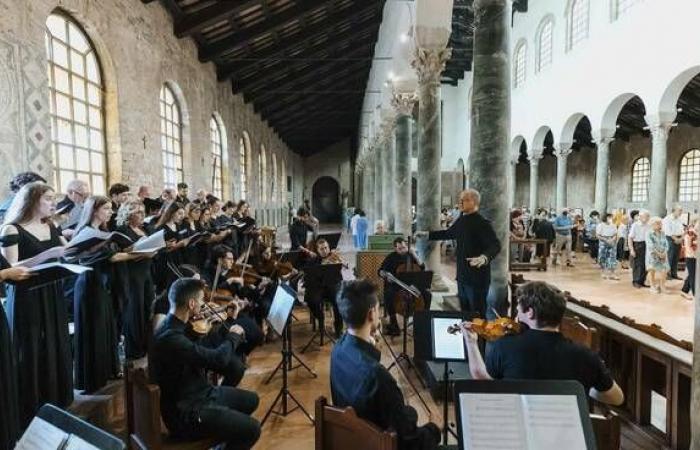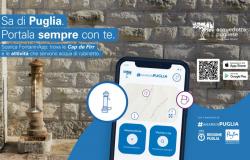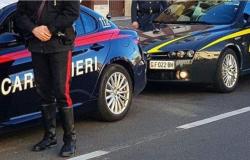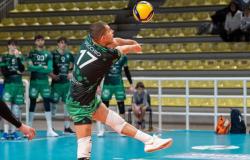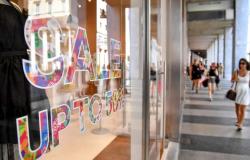It is to her that one of the most famous starry skies in the history of art refers, that precious mosaic vault that for centuries has enchanted travellers who land in Ravennasubjugating their attention, projecting their imagination into a distant time yet still vibrant in the colors of ancient mosaics. How still current appears the adventurous life of Galla Placidia, daughter, sister, wife and mother of emperors. And it is precisely along her extraordinary story that unfolds and articulates I loved the sacred representation on stage for the first time on Tuesday 2nd July and every day until Sunday 7th July (always at 7 pm) in the space of the Basilica of San Giovanni Evangelista, built by Placidia herself as a votive offering after the shipwreck on the way back from Constantinople. “History of Galla Placidia in seven paintings” is the subtitle of the work for soprano, baritone, choir and ensemble, which Ravenna Festival commissioned from the composer Danilo Comitini and, for the lyrics and dramaturgy, from Francesca Masi. The performance is entrusted to the soprano Laura Zecchini and the baritone Gianandrea Navacchia directed by Antonio Greco at the head of the Coro & Ensemble 1685 of the Giuseppe Verdi Conservatory of Ravenna, joined by Agnese Contadini on the harp and Raffaele Damen on the accordion.
“Dilexi”, I loved, is the last word pronounced at the point of death by Teodosio, Placidia’s beloved father, and is the starting point of a sacred representation built on real sources but wrapped in an imaginative dimension, in which the protagonist and the voices of her time are embodied in song and music, “crossing seven visions, seven imagined dialogues from which – as the composer Danilo Comitini explains – emerge the multiple faces and expressions of the protagonist and her time. And in which the dialogue becomes song through music, which lives among the characters on the scene, listening to their words and highlighting their tensions but also their profound meaning of faith”. A protagonist emerges forcefully, as Francesca Masi underlines, «a woman who lived in the fertile border between two eras, who leaves the ancient time of classicism to enter the Middle Ages, who passes from the disputes of philosophers to the great councils of nascent Christianity, from the temples of the gods to the church of God; thus placing herself in that fertile passage to which European civilization owes its foundation».
Seven paintings, each born from the voice of the choir to which, like a meditation, are entrusted the seven last words of Christ on the Cross. In a journey through time, along the life of Placidia, but also in space, touching the cities that welcomed her passage – Milan, Rome where she died, Barcelona, Ravenna, Constantinople. And through the voices of imaginary interlocutors who in the dialogue allow us to investigate the heart and mind of the protagonist: Ambrose, Jerome, Augustine, Pier Crisologo, John, Hypatia, finally Pope Leo, in front of whom Placidia is reunited with the body of her little dead son, Theodosius, the same name as her father, in a fatal circularity of life and destiny.
Info and pre-sales: 0544 249244 – www.ravennafestival.org
Tickets: 15 Euro single unnumbered seat; under 18: 5 Euro

